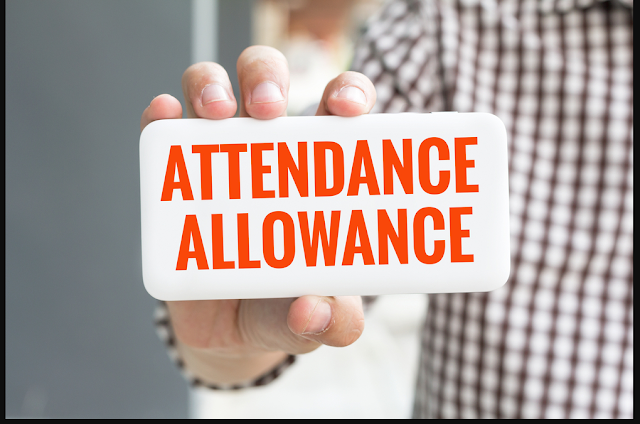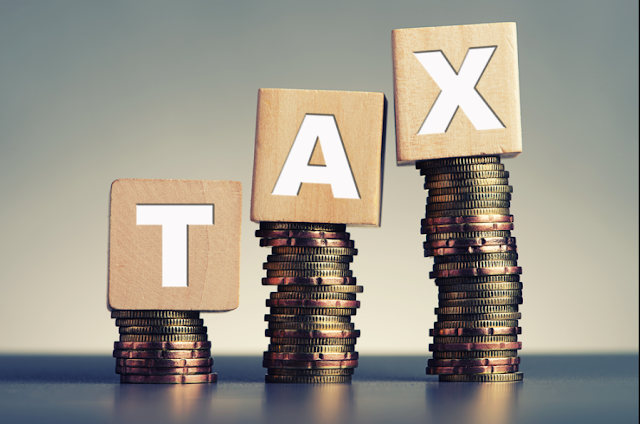Disadvantages of company car and car allowance
Four disadvantages of company car
But it's not all rosy to get a company car and if you have the choice, you might want to take certain limits into consideration. Here are some of the points you could think about before you decide.
1. Perhaps you cannot choose your car
Each company is different, with some restrictions or limits in place that could prevent you from choosing your own vehicle free of charge. Some have a bigger role than others, but you may end up disappointed with your employer's model if you're a driver who knows what you want.
2. BIK tax may be costly
Your employer can choose a nice model on the opposite side of the spectrum, but in this way, your BIK tax rates will rise above the ceiling!
3. Fuel benefit may be required to pay
You may need to pay fuel benefits tax if your employer and your company car have given you fuel free of charge over your personal time. This tax may be subsidized by your employer, but if it is not, you will be taxed accordingly.
If you have a fuel benefit tax to pay you will have to pay by multiplying the tax rate for your BIK by the fixed annual tax on fuel, which is £24,500 for the tax year 2020/21, before finally increasing the margin of taxation.
4. You're never going to own the car
The car stays with the company if you get out of business. This means that you need to fund your own vehicle, see whether your next employer offers alike scheme or risks being car-free. You may also become attached to your car or sentimental, which might be a disadvantage when you give it up.
If at any stage, you need any assistance from an expert advisor, speak to our cheap accountants in London
Four disadvantages of car allowance
Like with a company car, you may have a number of disadvantages before deciding if you definitely have a vehicle allowance. Here are the most important things.
1. You are responsible for finance
If you choose to pay for a new vehicle, you will need funding on your behalf, with its own set of duties. Unlike a business card which is owned by the company, you are responsible for a car financed by car allowance, which could cause personal financial difficulties if not properly managed.
2. How much you get may be different
Because you tax your car allowance at source, your tax will ultimately determine how much cash you can pay or have. This means that you could better off with a company car if you're a higher taxpayer.
3. Your responsibility is to run costs
Unlike a car in your company, you will be responsible for maintenance, maintenance, insurance, road tax, and fuel and could reduce substantially your car allowance.
4. Many miles can be costly
Based on the number of business miles, your tax rate, and whether or not the employer reimburses you for the miles, your personal vehicle can be used for business. This could make high kilometre drivers worse because after the first 10 000 you can claim decreases per mile.




Comments
Post a Comment